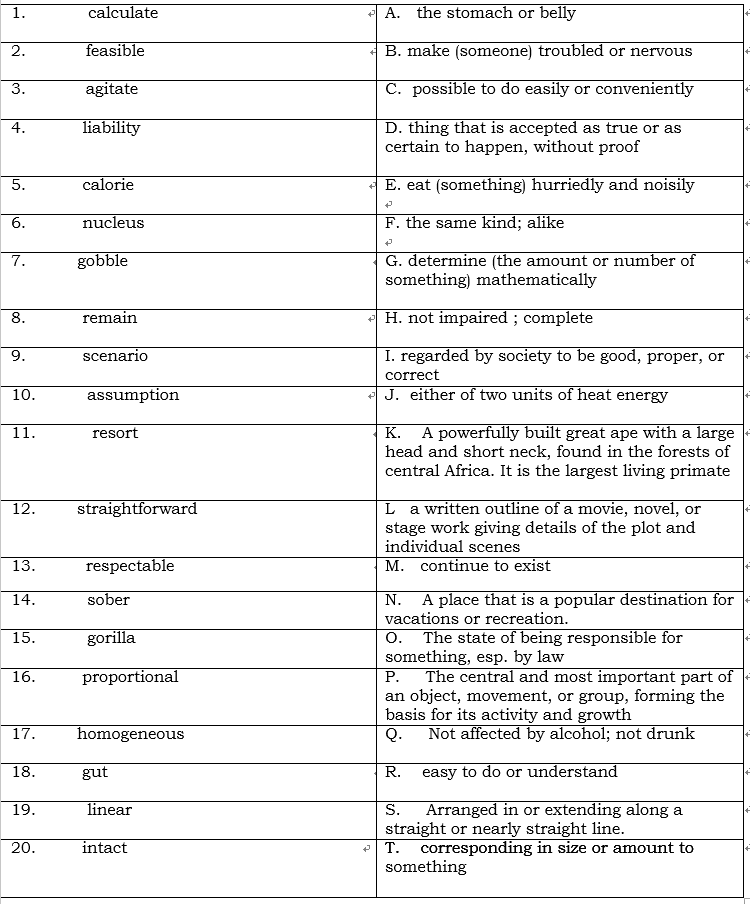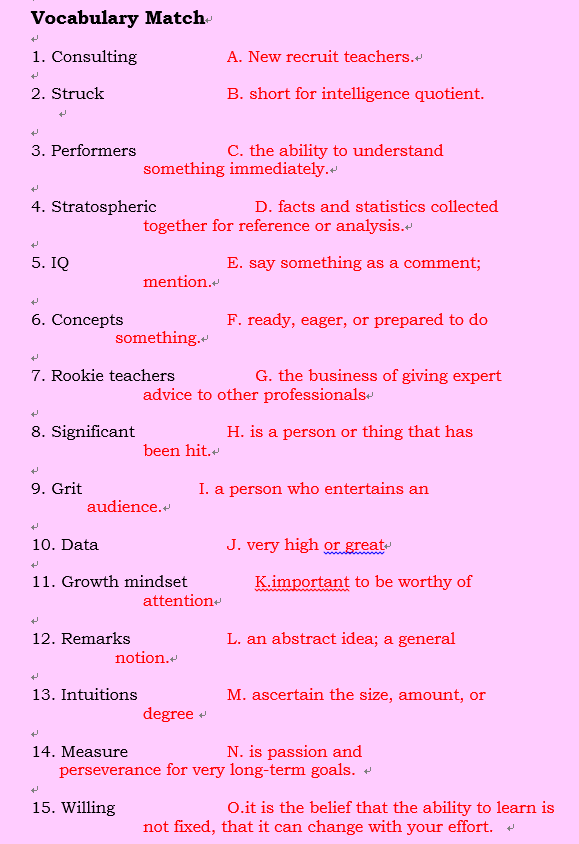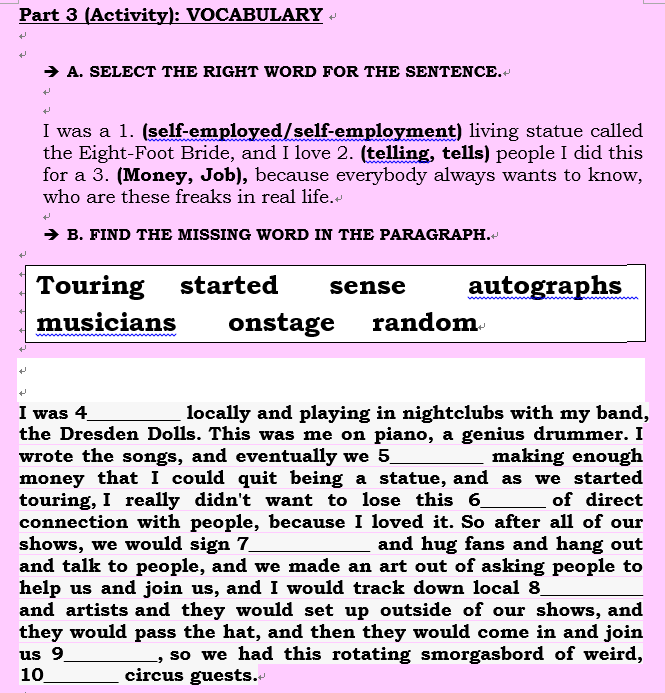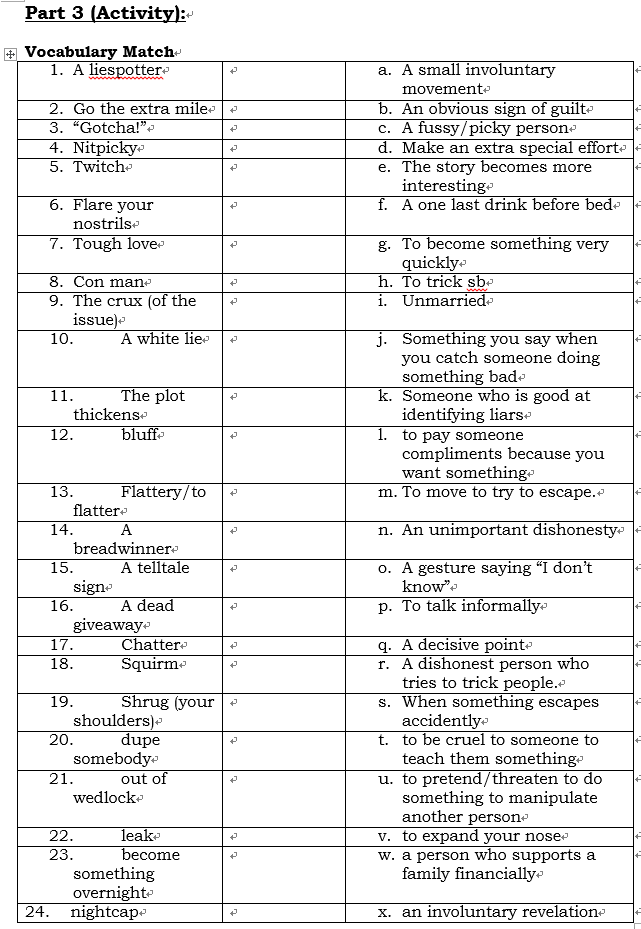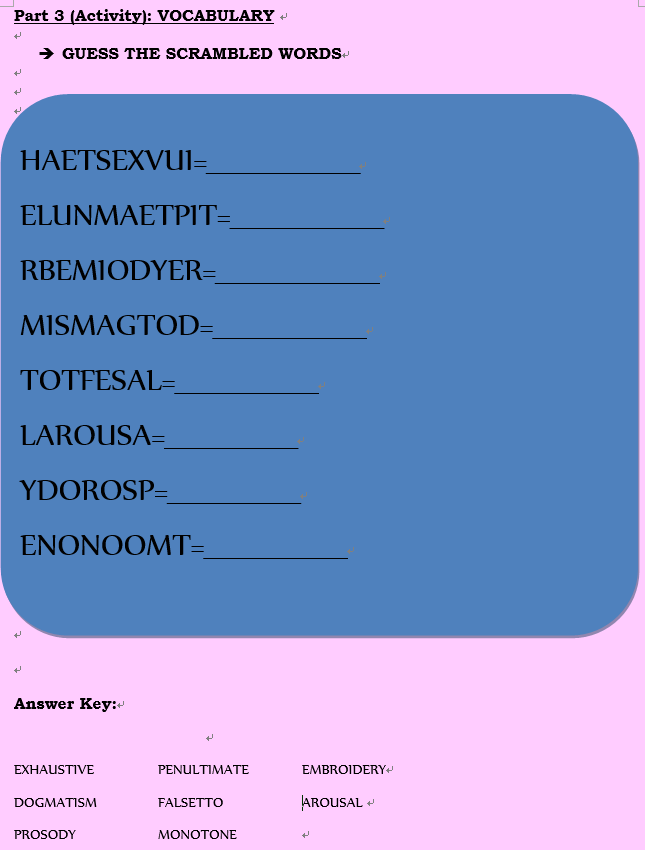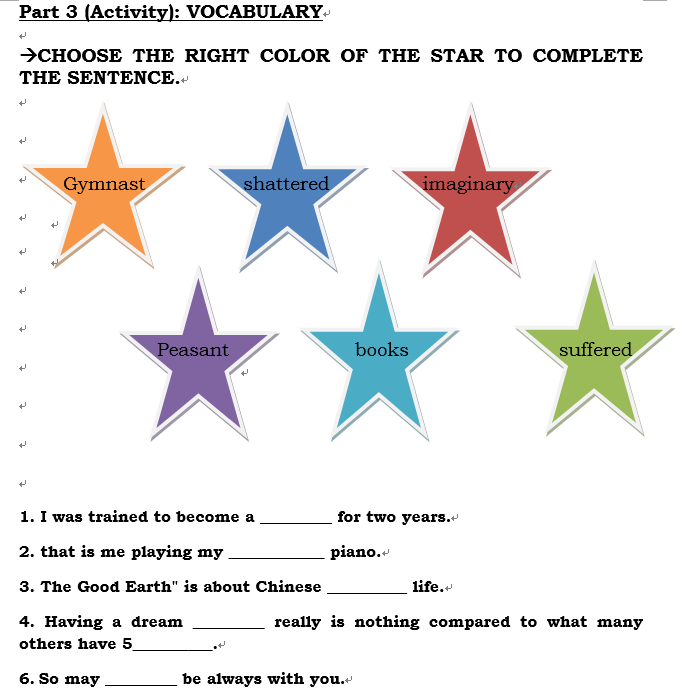Part 1 (Comprehension Questions with Sample Answer):
- How many neurons are there in the human brain?
- Are brains made the same way?
- How heavy is the human brain?
- How many calories do we need to keep our brain working?
- So what is the human advantage?
- What’s the probability that made us human?
- Based on the talked what is animal should be compared to humans and why?
- Why should the rules of evolution apply to everybody else but not to us?
- What was the theory of Charles Darwin about the human brain?
- How did we come by this remarkable number of neurons, and in particular, if great apes are larger than we are, why don’t they have a larger brain than we do, with more neurons?
Part 2 (Express Yourself Questions):
- What is it that makes the human brain so special?
- Why do we study other animals and they don’t study us?
- What is it about the human brain that allows the cognitive ability for abstract reasoning and creativeness?
- Is there an intelligence relationship in the size of an animal’s brain to the size of its body?
- What happened in our evolutionary process that made human brains so proportionately larger?
- So what do we do that no other creature does?
- Which came first, our intelligence or our human body?
- She said that the first cooks were animals.
Assume them to be baboons. If so, can baboons cook today?
- What do you think of the brain?
- Do you do anything to look after your brain?
- How much of your brain do you use?
- What do neuroscientists know about the brain?
- What do neuroscientists want to know about the brain?
- How is the brain structured?
- Who is the brains of your family?
- What are some extraordinary things some people can do with their brains?
- What does your brain do that you hate?
- Do you think humans will ever completely understand the brain? Why or why not?
- What is the most amazing thing about the brain?
- Do you think male and female brains are better at different tasks? Why or why not?
Part 3 (Activity): Vocabulary Match
